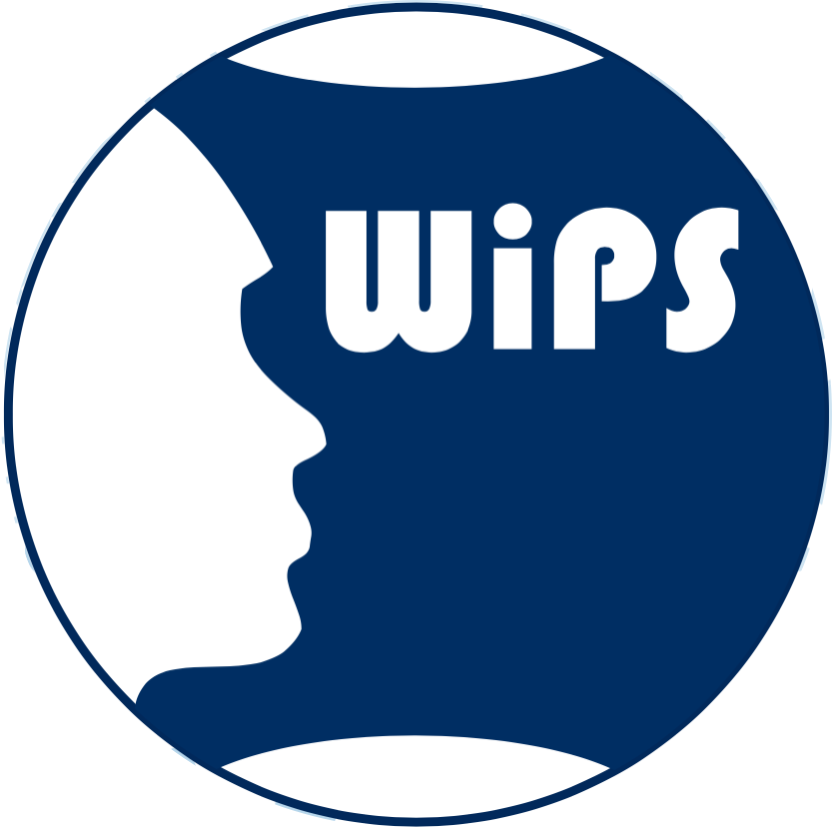Juliana D’Andrilli, PhD
Louisiana Universities Marine Consortium (USA)

This is a photo of Dr. Juliana D'Andrilli taken in Dr. Joseph R. McConnell's laboratory freezer at the Desert Research Institute in Reno, Nevada, USA. She is pointing to an ice core from the West Antarctic Ice Sheet (WAIS) Divide collected at ~2700m that she was preparing for melting and analysis for the WAIS Divide project in 2012.
What’s the work that you do?
I research carbon cycling from the perspective of dissolved organic matter (DOM) evolution and biogeochemistry in marine, freshwater, terrestrial, and cryosphere ecosystems by investigating its quality and quantity. Aquatic, terrestrial, and icy environments can store and produce microscopic carbon-based materials (DOM). In a warming climate, the release of glacial DOM into surrounding ecosystems is expected to stimulate biotic and abiotic processes, producing greenhouse gases. My goal is to determine the amount and type of carbon-based materials (or chemical energy) stored in glaciers and produced in rivers, soils, and marine waters, to predict its impact in the future.
What keeps you going?
Curiosity led me to learn about the environment. I became a scientist because I am fascinated by the continuing opportunities to learn about the world and communicate my findings. I was encouraged at a young age to pursue an education in scientific disciplines. What was once modeled for me, I strive to give back to the community. As a scientist, I have a responsibility to prepare aspiring scientists with knowledge, reasoning, and communication skills they can use to think critically about the world around them, overcoming challenges and barriers to report their findings effectively, and inspire future generations of students.
What’s your message to the world?
My message to the world is that the more open, curious, and excited you are about learning how the world works through interdisciplinary lenses, the more you will be fascinated. We, as scientists, cannot learn about Earth’s systems with just one lens and our growth as scientists and humans depends on the integration of different perspectives. There is great value in the continual drive to grow as individuals and as a community and when we communicate with each other in an open, curious, and excited manner, we all succeed.
Organisation: Louisiana Universities Marine Consortium (USA)
Nationality:
United States of America
Disciplines:
